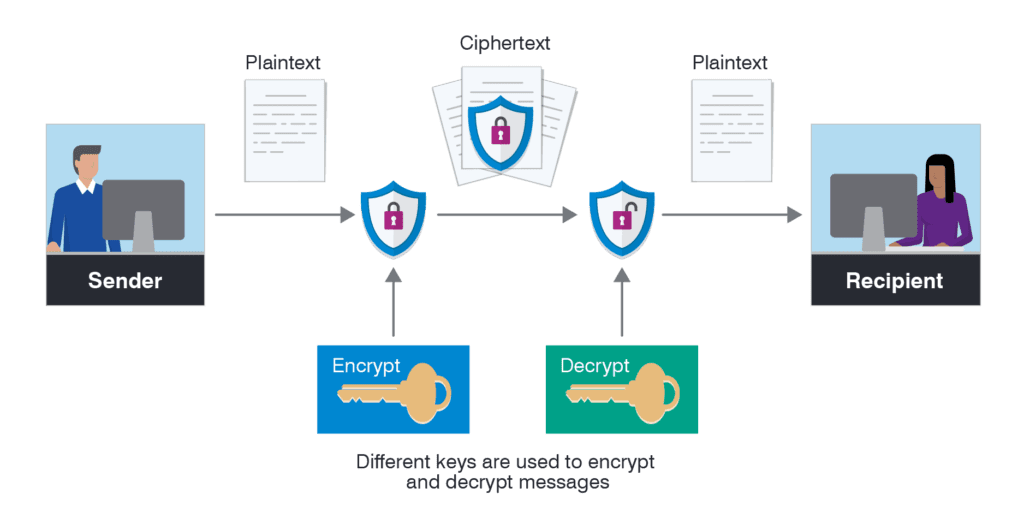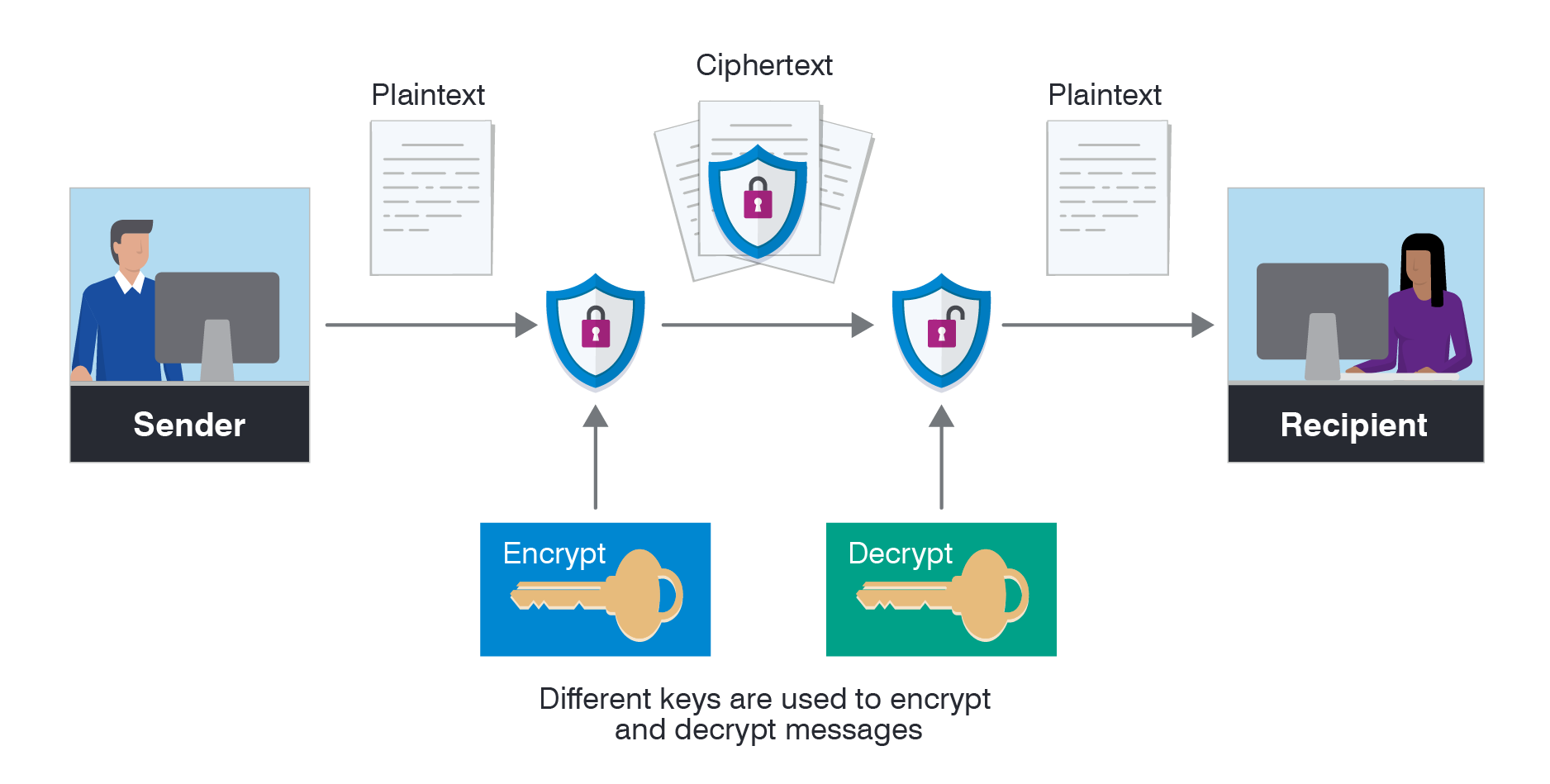
Importance of data encryption as financial services continue to go digital. The need to protect sensitive information from cyber threats becomes more critical. Data encryption is an effective way to secure information by converting it into an unreadable format. That can only be decrypted with a unique key.
Encrypting data provides an additional layer of security to help prevent unauthorized access to financial information. Such as customer data, financial transactions, and intellectual property. Encryption can help protect against data breaches, cyber attacks, and other forms of cybercrime. Which are on the rise in the financial services industry.
Table of Contents
Challenges of Data Encryption in Financial Services
While data encryption is an essential tool for securing financial information, it does come with some challenges. These challenges include regulatory requirements, technical implementation issues, compliance with data privacy regulations, and balancing data security with accessibility.
Regulatory Landscape and Requirements
Regulators require financial services companies to implement data encryption as part of their security strategy. For example. The Payment Card Industry Data Security Standard (PCI DSS) requires merchants to use encryption to protect payment card data. Additionally, financial services companies must comply with data privacy regulations. Like the General Data Protection Regulation (GDPR) and the California Consumer Privacy Act (CCPA). Which require organizations to implement data protection measures that align with the level of risk.
Technical Implementation Issues
Implementing data encryption can be challenging from a technical standpoint. For instance, key management, which involves generating, storing, and distributing encryption keys, is a critical aspect of encryption. Poor key management practices can render data encryption ineffective. Also, encryption can affect system performance if not implemented correctly.
Compliance with Data Privacy Regulations
Financial services companies must comply with data privacy regulations. The variations depend on the location of the organization and the data being processed. Compliance with these regulations can be challenging. As they require strict data protection measures and can come with severe penalties for noncompliance.
Balancing Data Security with Accessibility
Balancing data security with accessibility is another challenge of data encryption in financial services. While encryption provides strong security, it can also make data less accessible to authorized users. Companies must balance the need for data security with the need for accessibility to ensure that authorized users can access the information they need to do their jobs.
Best Practices for Data Encryption in Financial Services
Despite these challenges, financial services companies can implement best practices to overcome them and ensure the effectiveness of their data encryption strategies. Here are some best practices for data encryption in financial services:
Conduct a Risk Assessment
To ensure the protection of sensitive data and focus resources on securing high-risk areas, it is important to conduct a comprehensive risk assessment. This assessment should identify the most critical data and systems, and determine where encryption should be implemented.
Develop an Encryption Strategy
Develop an encryption strategy that aligns with your risk profile and regulatory requirements. This strategy should include encryption algorithms, key management practices, and data storage and transmission protocols.
Use Strong Encryption Algorithms and Secure Key Management Practices
To ensure that data is well-protected, it is important to use strong encryption algorithms such as Advanced Encryption Standard (AES) or RSA. It is also crucial to follow secure key management practices to keep encryption keys safe from unauthorized access.
Implement Secure Data Storage and Transmission Protocols
To ensure that data is protected both in transit and at rest, it is important to implement secure data storage and transmission protocols such as Secure Sockets Layer (SSL) and Transport Layer Security (TLS).
Train Employees on Data Encryption Best Practices and the Importance of Data Security
Train employees on data encryption best practices and the importance of data security. Employees should understand the importance of data protection and know how to use encryption tools to safeguard data.
Conduct Regular Security Audits and Vulnerability Assessments
Regular security audits and vulnerability assessments are crucial for maintaining the security of your systems and networks. By conducting these assessments, potential security threats can be identified and mitigated before they can be exploited by malicious actors.
A security audit is a systematic evaluation of an organization’s security posture, policies, procedures, and controls. It assesses the effectiveness of the security measures in place and identifies areas that need improvement. On the other hand, a vulnerability assessment is a process of identifying vulnerabilities in the system or network that attackers could exploit.
Regular security audits and vulnerability assessments help organizations stay ahead of potential threats and prepare to respond to any security incidents. It is important that qualified professionals conduct these assessments who have the expertise and tools necessary to identify vulnerabilities and assess the effectiveness of security controls.
Conclusion
Data encryption is a critical tool for protecting financial information from cyber threats, and financial services companies must ensure. That their data encryption strategies are effective. Despite the challenges, implementing best practices for data encryption can help overcome. These obstacles and ensure that financial information remains secure.
By conducting a risk assessment, developing an encryption strategy, Using strong encryption algorithms and key management practices. Implementing secure data storage and transmission protocols, training employees, and conducting regular security audits. Vulnerability assessments, financial services companies can ensure. Their data encryption strategies are effective and provide the necessary protection against cyber threats. Check out more information about Cybersecurity.

